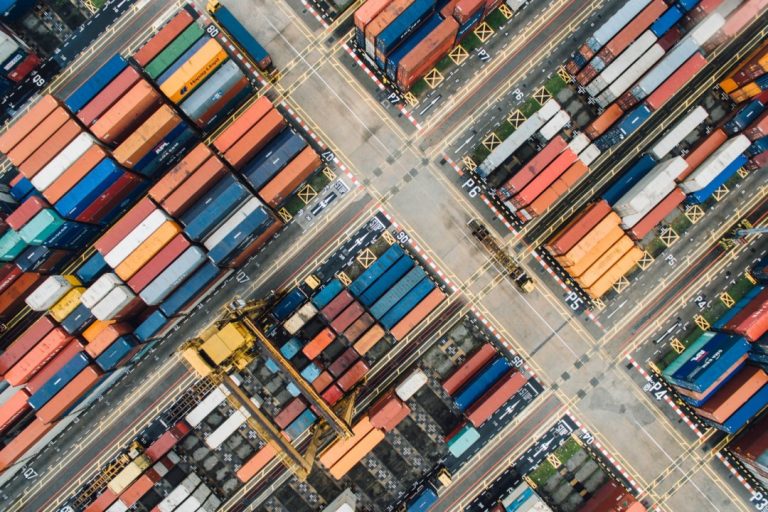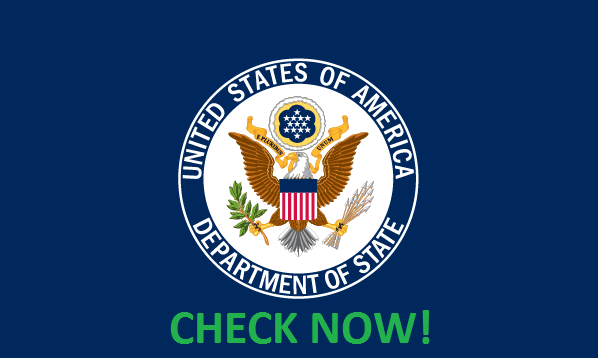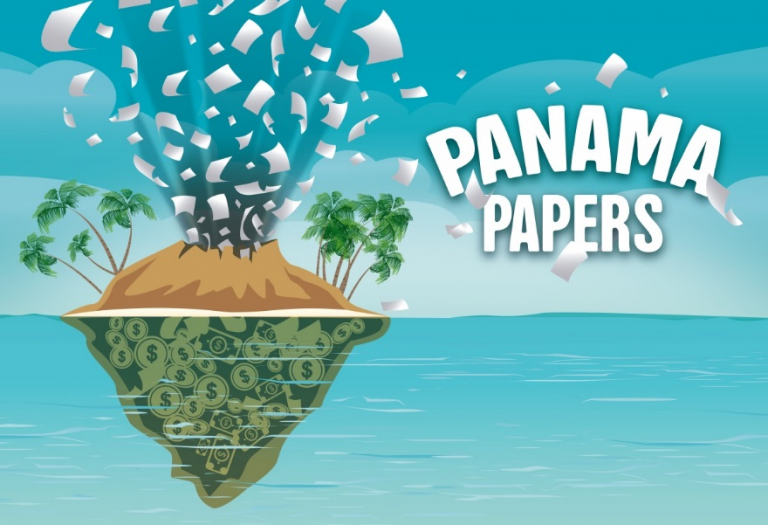Bad news about Covid19 is everywhere, and justifiably so – it certainly is bad. We are 2 months into the reality of Covid 19 in Asia and economic impacts are tangible…..
UncategorizedWith the deadly coronavirus now present in every continent in the world except Antarctica, the economic consequences of the disease are starting to be felt deeply around the globe even as countries grapple to control the spread of infection.
Travel and tourism have already been badly mauled as people stay at home and events are cancelled/ postponed in the face of tougher health controls and travel bans. Even our local event of the year, the Hong Kong 7s, has sadly succumbed to the inevitable.
For the airline industry alone, the International Air Transport Association estimated the Covid-19 could cost carriers US$113 billion in lost passenger revenues. Hong Kong’s Cathay Pacific Airways slashed its services to mainland China by around 90 percent until the end of March, while the virus outbreak has been the tipping point for the collapse of British regional airline, Flybe, in early March.
Bloomberg estimated the virus could cost the global economy US$2.7 trillion in lost output – equivalent to the entire GDP of the U.K. and sparking recessions in the U.S., the Eurozone and Japan.
In Asia, the United Nations Economic and Social Commission for Asia and the Pacific (ESCAP) said the Covid-19 virus could cut GDP growth this year in the Asia-Pacific region by between 0.6 and 0.8 percent. That would be the equivalent of a fall of US$132 billion-US$172 billion while global exports would drop 7 percent and imports 9 percent.
While the virus is spreading its way around the world the impact is likely to be disproportionately felt more in Asia because of Asia’s reliance on China as a manufacturing and processing centre.
China saw a 17.2 percent drop in the value of exports in January and February as factories were forced to take an extended Chinese New Year holiday, leading the country to record at US$7.1 billion trade deficit, the first time imports have outstripped exports in two years.
ESCAP said: “China is an important buyer of primary products, such as agricultural and mining commodities, from Australia, Malaysia and Mongolia; technology intensive goods such as electronics and machinery from South Korea, Singapore and Vietnam as well as labour-intensive goods including textiles, leather and paper from Indonesia, Thailand and Vietnam.” “Accordingly, these economies and specific sectors are expected to be hit the hardest with the forecasted slowdown in China’s domestic consumption,” ESCAP added.
Stimulus measures being considered by China and other governments could kick-start a rebound in economic activity, while government rescue packages for the worst hit businesses should provide a cushion for some countries.
Nevertheless, a think-tank within the Hong Kong-based trading group is already predicting the virus will accelerate changes that are already being seen in the marketplace:
- online retail sales as a proportion of total retail sales will expand at a faster pace;
- partnerships between e-commerce platforms and merchants will strengthen; and
- digital transformation of business and retail (so-called online to online – O2O)
There is also the sense manufacturers will look to overhaul their supply chains, placing less reliance on a single manufacturing centre, like China, in favour of a diversification of sources.
Do you know what’s happening with Chinese shore-side logistics?
UncategorizedWith the world approaching lockdown as the coronavirus continues to spread out the potential impact is set to last the rest of this year. Supply chains are already reeling from the disruption the virus has caused after the Chinese authorities extended the Chinese New Year to avoid unnecessary close human contact.
With factories and offices shuttered for over a month, city streets devoid of people, truck-free highways and ports clogged with empty shipping containers, the reduction in economic activity output has led business advisory firm Fitch BMI to cut its 2020 GDP growth forecast for China to 5.6 percent.
Strict quarantine measures have hit China’s transport industry, especially its trucking sector. Hubei, where the coronavirus was first discovered in the provincial capital, Wuhan, has been virtually isolated from the rest of China with shipping halted along the Yangtze river and few freight movements by road.
As most truck drivers working in coastal provinces in central and southern China come from inland provinces such as Hubei, the quarantine measures have had a knock-on effect in key ports such as Shanghai and Ningbo.
Speaking immediately after the end of the extended New Year holiday in mid-February, one senior logistics industry executive said the trucking situation in Ningbo was “critical” with only 10-20 percent of trucks available in mid-February because the city was in partial lockdown. The trucker shortage has slowly improved since then, although ports from Ningbo to Qingdao and Tianjin remain jammed with containers leasing shipping lines to impose congestion charges.
Maersk Line, the world’s largest container shipping line, said “trucking capacity in China remains a key challenge due to local policies and restrictions”.
The transport challenges coupled with staffing issues have resulted in force majeure being declared by Chinese buyers on a raft of commodities including copper and liquefied natural gas with China among the world’s biggest buyers. Force majeure allows for the cancellation or delay of contracts due to natural disasters or unforeseen catastrophes. Media reports say Chinese copper traders have asked for shipments of the metal from Chile and Nigeria to be suspended.
Fitch BMI said force majeure could also be extended to China’s oil and gas industry with the country’s fabrication yards unable to fulfil export orders for drilling rigs and engineering components because of the transport restrictions.
Neither is there likely to be a short-term fix to the transport issues assailing China with Fung Business Research, the advisory arm of the Hong Kong-based manufacturing and trading company, saying it would be May or June before the virus outbreak in China is contained.
Iran Sanctions
China Sanctions
The US Government is continuing its efforts to isolate Iran.
Last week, some more “high-profile” Chinese shipping companies were added to the list of Specially Designated Nationals (SDNs). The sanctioned parties include subsidiaries and their executives of COSCO Shipping Corporation Ltd 中国远洋海运集团有限公司.
- COSCO Shipping Tanker (Dalian) Co 大连中远海运油品运输有限公司
- COSCO Shipping Tanker (Dalian) Seaman & Ship Management Co Limited大连中远海运油运船员船舶管理有 限公司
- China Concord Petroleum Co 中和石油有限公司,
- Pegasus 88 Limited 飞马88有限公司,
- Kunlun Shipping Company Ltd昆仑航运有限公司,
- Kunlun Holding Company Ltd 昆仑控股有限公司
Companies need to be aware of these SDNs, as well as with subsidiaries that are owned 50% or more by them. Of course, these subsidiaries are not listed by the US Government, leaving the onus on you to do you own due diligence.
LSR finds out who owns and directs your Chinese business counterparts. We will get the information from verifiable and reliable government sources to add to your audit trail.
Each company search will give you:
- Company Representative
- Directors
- Shareholders
- Share Capital
- Official documentary document as evidence
Fixed Price: US$ 85 per company
Delivery: 24 Hours
Insurers and Compliance officers trust us. We unearth commercial information and provide advice on low-profile companies in Asia and the Middle East. LSR listens to the details, understands what you need and gets you results – so that you can sleep at night.
Panama Papers – how do you get your hands on the information in the future?
Off-Shore jurisdictionsIn 2015, the so-called “Panama Papers” caused uproar and panic in some quarters including politicians and celebrities. The 11.5 million leaked documents had been taken from the Panamanian Law firm Mossack Fonseca which, for over 40 years, had been assisting clients in incorporating and administering companies in offshore jurisdictions.
Notwithstanding the rights and wrongs of the existence of tax-haven / offshore registries such as the British Virgin Islands (which actually accounted for over half of the 215,000 companies named), Liberia, the Marshall Islands and Panama itself, the sheer volume of companies incorporated was impressive.
So, apart from relying on a leak of internal documents, is there any way of finding out anything about such companies? It is correct that there is a high degree of anonymity provided, but there’s no reason to think of it as a dead-end. As an example, let’s look at Panama itself:
A Panamanian company registry search will give you:
- Board members – these can be nominees of the law firm that assisted in incorporating the company but often “real” people, associated with the beneficial owner, are named.
- The location of the office where Board meetings are held – can be the local law firm again but, often the address of the beneficial owner behind the company.
- Director searches – a useful tool to identify if individuals or companies are Directors of any other Panamanian companies.
- Charge documents relating to assets owned by the company – ships for example.
LSR Services has been involved in successful ALTER EGO cases as a result of board members being traced back to the Beneficial Owners and charge/mortgage documents assisting with the arrest of assets worldwide.
In the coming weeks we will list other similar offshore registry searches and what you can expect from them, including other jurisdictions that many consider impenetrable – like China. Click Here to subscribe. Keep a look out for our future postings over the coming weeks.





